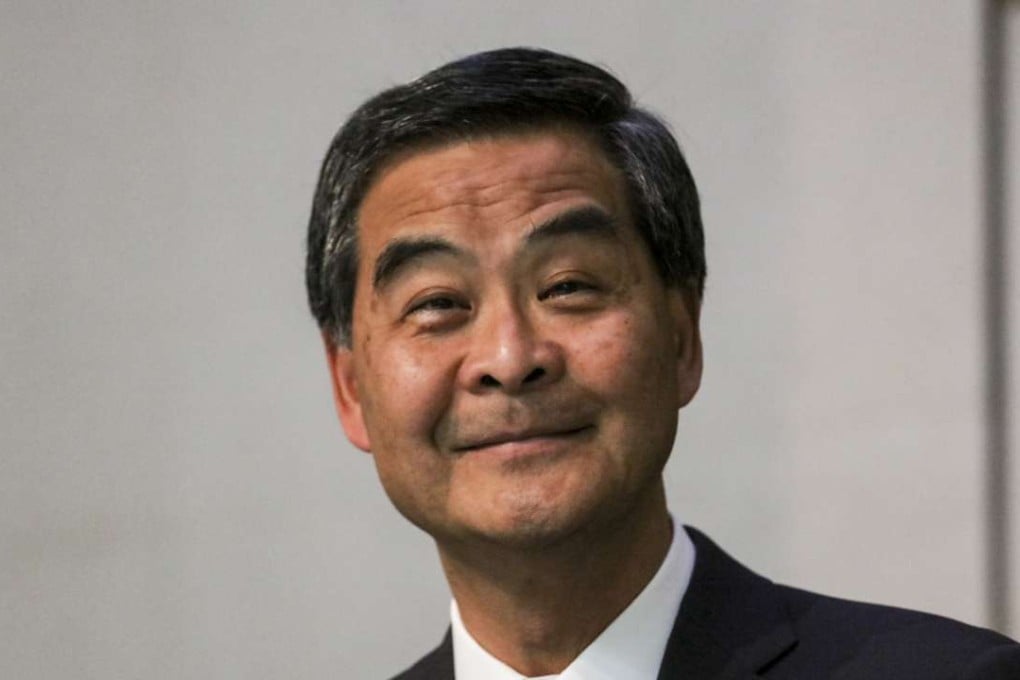CY Leung wins nomination as vice-chairman of China’s top political advisory body
Hong Kong leader’s elevation had raised concerns over dual role as state leader

Hong Kong’s leader Leung Chun-ying has won overwhelming support from within the mainland’s top political advisory body in being nominated as the body’s vice-chairman for his firm stance against pro-independence advocacy and the Occupy Central protests.
After 294 Chinese People’s Political Consultative Conference standing committee members voted on Friday in favour of a motion to nominate Leung, with two abstained, all eyes are on how the votes will turn out when the actual appointment will be put to vote by all CPPCC delegates on Monday.
Complicating the situation is the Hong Kong graft buster’s ongoing probe into a controversial HK$50 million deal between Leung and Australian firm UGL. Some CPPCC delegates have expressed concern over the probe when Leung was first voted in as a CPPCC delegate last week.
“He was nominated as CPPCC vice-chairman because of his contribution to Hong Kong, in particular his firm stance against the Occupy Central movement and putting it to an end. It was also because of his firm stance against pro-independence advocacy and cracking down on it,” CPPCC standing committee member Chan wing-kee said in Beijing.
If the appointment is voted through on Monday, Chan said Leung will immediately become the body’s vice-chairman.